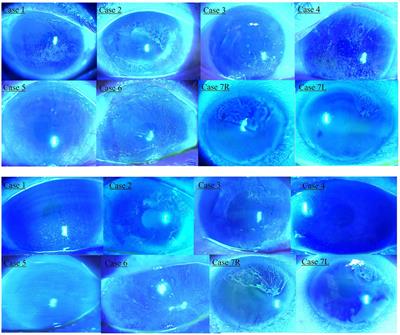EDITORIAL
Published on 27 Feb 2025
Editorial: Update on glaucoma research: from basic science to clinical practice
doi 10.3389/fmed.2025.1572755
- 244 views
4,880
Total downloads
20k
Total views and downloads
EDITORIAL
Published on 27 Feb 2025
ORIGINAL RESEARCH
Published on 07 Aug 2024
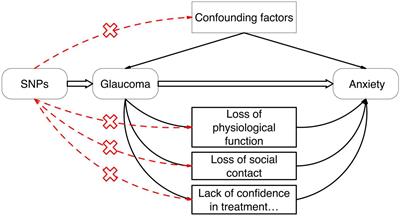
ORIGINAL RESEARCH
Published on 23 Jul 2024
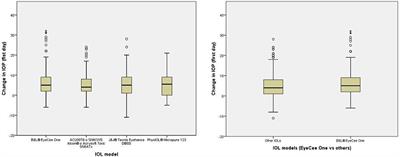
ORIGINAL RESEARCH
Published on 13 Jun 2024
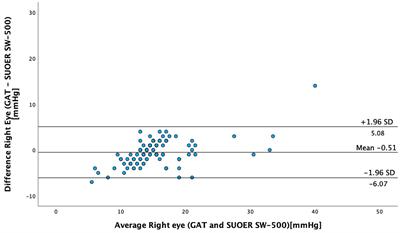
ORIGINAL RESEARCH
Published on 03 Jun 2024
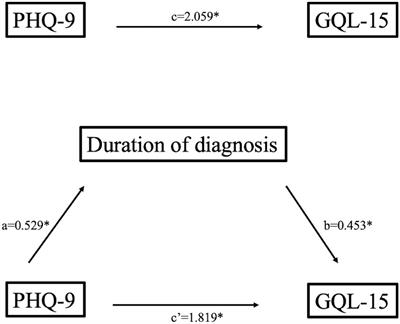
ORIGINAL RESEARCH
Published on 07 Mar 2024
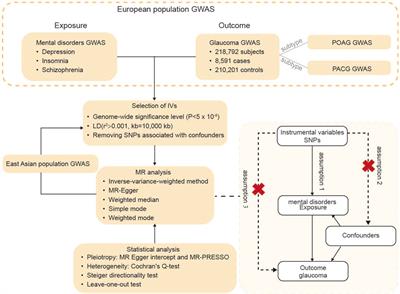
ORIGINAL RESEARCH
Published on 14 Feb 2024
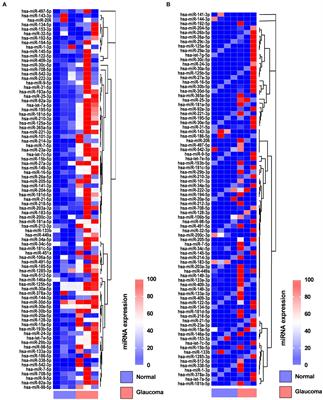
ORIGINAL RESEARCH
Published on 10 Jan 2024
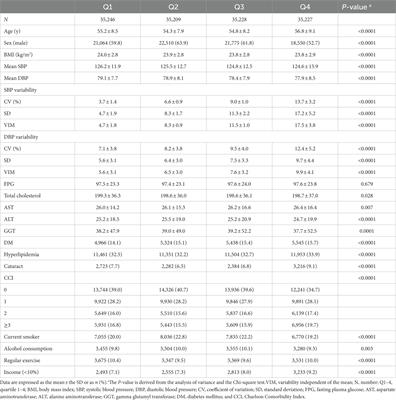
ORIGINAL RESEARCH
Published on 23 Nov 2023

SYSTEMATIC REVIEW
Published on 28 Jul 2023
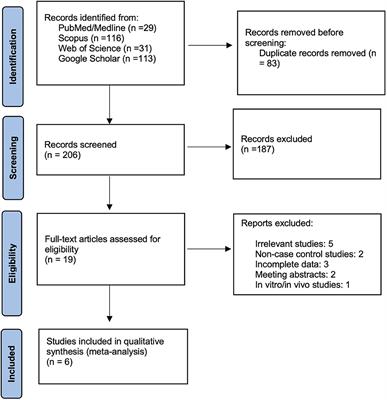
ORIGINAL RESEARCH
Published on 17 Jul 2023
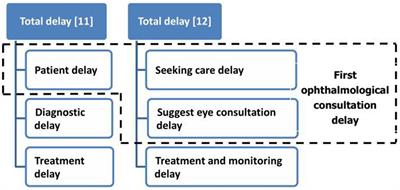
CASE REPORT
Published on 06 Jul 2023
